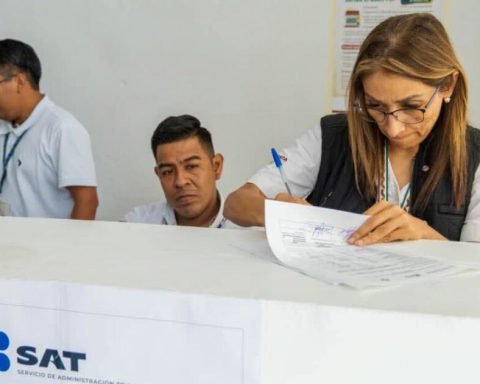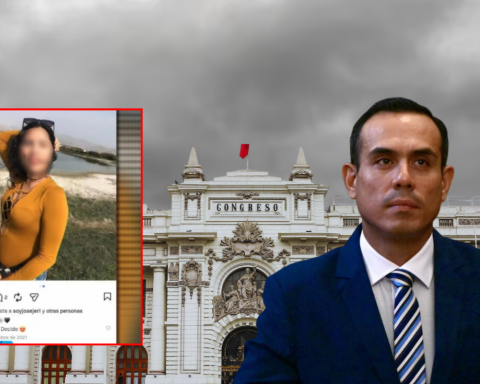Judge rejects amparo for Rosario Robles; defense appeals and goes to collegiate court
Cesar Arellano Garcia
Newspaper La Jornada
Thursday, October 20, 2022, p. 13
The third district court for amparo in criminal matters in Mexico City refused to grant protection from federal justice to Rosario Robles Berlanga, former Secretary of Social Development, who sought to order the statute of limitations for the crime of improper exercise of public service. charged for the alleged diversion of more than 5 billion pesos in the case of the Master swindler.
Judge Augusto Octavio Mejía Ojeda declared the grievances of the former Secretary of State unfounded and insufficient to label as unconstitutional the resolution of Ganther Alejandro Villar Ceballos, the control judge who on February 4th resolved not to order the dismissal of the criminal case 314 /2019; therefore, the accusation against the former official is current and, therefore, the process must continue.
The regulations applied to Robles Berlanga are those in force at the moment in which he was linked to the process and the corresponding accusation was presented. The determination of the responsible judge is adjusted to the legality
determined.
The defense challenged and the case is turned over to a collegiate court, which will confirm, modify or revoke the ruling of first instance.
Mejía Ojeda indicated that the defender of the complainant intends that they apply the laws according to the text that benefits him the most, even though they do not have the same spatial scope of validity, which would make the validity of the norms null and void.
The act claimed, he considered, “does not violate the principles pro personpresumption of innocence, legality, legal certainty and judicial protection, since it conforms to the constitutional text and to what is established by criminal adjective legislation, so the reasons for dissent are unfounded and, therefore, insufficient to revoke the resolution ” .
It added that the determination cannot be considered as a regression or neglect of the principle of progressiveness in the protection of human rights, which requires correcting measures that, without full constitutional justification, reduce the level of protection for those who submit to the legal order of the State.
















